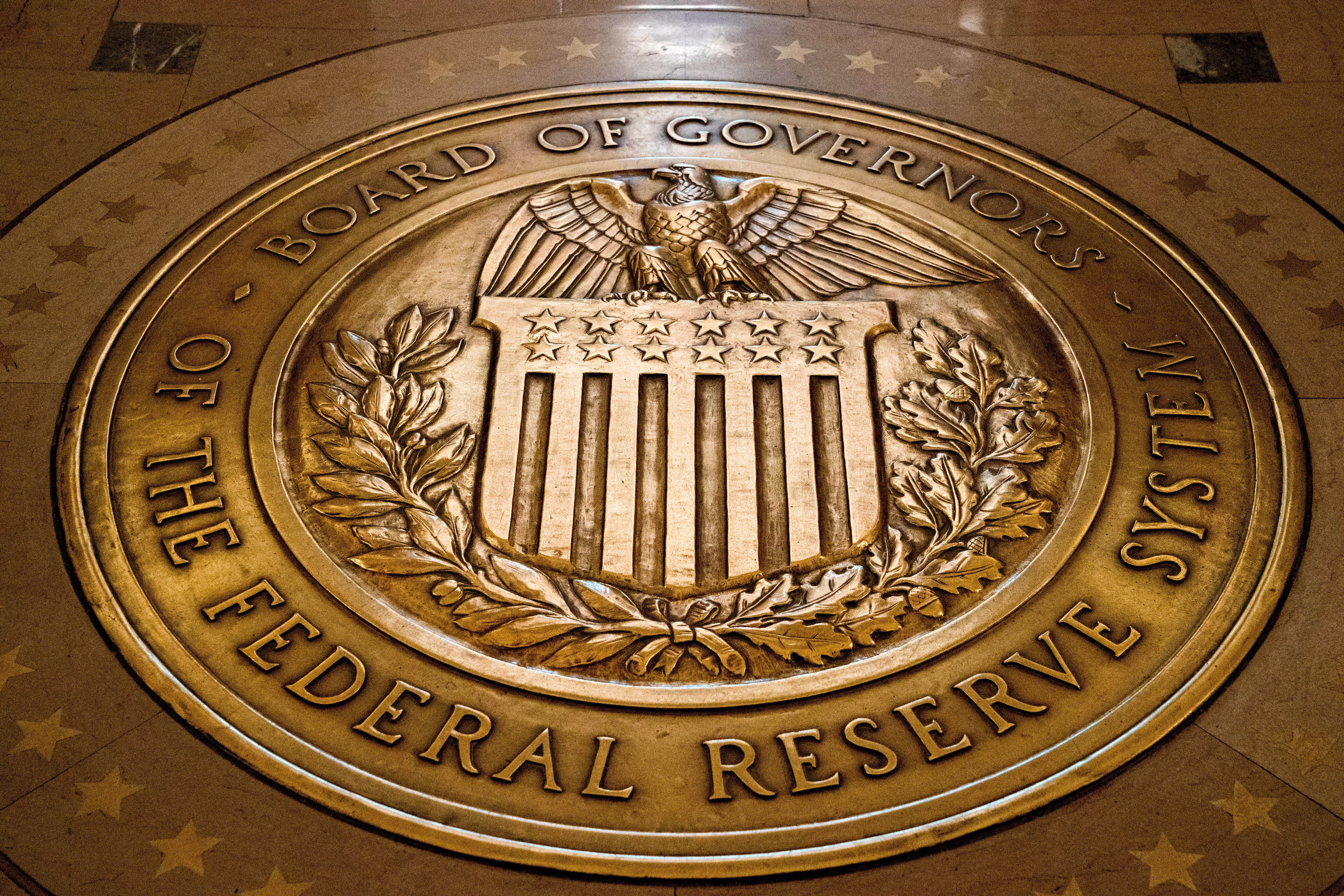By Jonathan Lemire and Zeke Miller
President Joe Biden at his first news conference Thursday left the door open to backing fundamental changes in Senate procedure to muscle key parts of his agenda like immigration and voting rights past Republican opposition “if there’s complete lockdown and chaos.”
The 78-year-old president also for the first time said his “plan is to run for reelection, that is my expectation.”
Even as his administration navigates the COVID-19 pandemic and the resulting economic damage, Biden is grappling with a host of pressing issues, including a pair of mass shootings, rising international tensions, early signs of divisions within his party and increasing numbers of migrants crossing the southern border.
The president preached the political expedience of caution in the face of mounting impatience among progressive voters eager for action on his ambitious legislative agenda. He teased changes to the congressional filibuster if necessary to achieve some of those goals.
Biden at first backed a modification — but not elimination — of the arcane procedural tactic, which stands in the way of getting the president’s agenda through the deadlocked Senate. But he then suggested, at least on certain issues, he would go further, saying the filibuster — which requires 60 votes to pass legislation in the Senate — was being “abused in a gigantic way” by Republicans.
“If there’s complete lockdown and chaos, as a consequence of the filibuster, then we’re going to have to go beyond what I’m talking about,” he said.
“I want to get things done. I want to get them done consistent with what we promised the American people,” said Biden, who spent decades in the Senate. “I am going to say something outrageous: I have never been particularly poor at calculating how to get things done in the United States Senate.”
“I am going to deal with all of those problems,” he pledged.
One key item on the list: Republican efforts to limit voting rights, an effort the president deemed “sick” and “un-American.” He argued that even GOP voters believe actions that make it harder for people to cast ballots are “despicable” attempts to undermine democracy.
The president was repeatedly pressed about the situation at the U.S.-Mexico border, where increasing numbers of young migrants have overwhelmed the government's holding facilities. Biden promised better media access to the camps — once his administration has a better handle on things — as well as improvements to the nation's immigration system and U.S. help to improve conditions in the migrants' home countries.
“I can’t guarantee that we’re going to solve everything, but I can guarantee that we’re going to make it better," he said.
And in the aftermath of two mass shootings in a week, Biden was pressed on his plans for new gun violence laws. He responded that legislating is “a matter of timing” and then gave a long-winded answer about his infrastructure plan, which he said will be his administration's next legislative priority.
Biden had held off on holding his first news conference until he could use it to celebrate progress against the pandemic and passage of a giant COVID-19 relief package.
In his opening remarks, he declared that “hope is on the way,” and he doubled his original goal on COVID-19 vaccines by pledging that the nation will administer 200 million doses by the end of his first 100 days in office. The administration had met Biden’s initial goal of 100 million doses earlier this month — before even his 60th day in office — as the president pushes to defeat a pandemic that has killed more than 545,000 Americans.
While seemingly ambitious, Biden’s vaccine goal amounts to a continuation of the existing pace of vaccinations through the end of next month.
When Biden moved on to fielding questions, the president didn't get a single query about the virus that has rewritten the rules of society for more than a year.
Biden was the first chief executive in four decades to reach this point in his term without holding a formal news conference, where reporters have the opportunity for extended back-and-forth with the president on the issues of the day. That delay produced a surprising level of anticipation for a chief executive who has deliberately tried to turn down the temperature in a city overheated by his predecessor Donald Trump.
Biden, who once proclaimed himself a “gaffe machine,” avoided any major stumbles even as he rambled at times and cut himself off at one point, suddenly proclaiming "am I giving too long an answer?”
He acknowledged several vexing foreign policy problems that he faces immediately, including growing concerns about North Korea’s nuclear program, a looming May 1 deadline to withdraw U.S. troops from Afghanistan, and China’s rising stature as an economic competitor to the United States.
Early Thursday, North Korea launched the first ballistic missile tests of the Biden administration, what some analysts say was a measured provocation to catch the new president’s attention.
The Biden administration has sought to restart talks with Kim Jong Un's regime in hopes of convincing the North to give up its nuclear program, but thus far has faced radio silence from the North. Biden was restrained as he admonished the North for the latest tests..
“There will be responses if they choose to escalate,” he said. "We will respond accordingly. But I’m also prepared for some form of diplomacy, but it has to be conditioned upon the end result of denuclearization.”
On Afghanistan, Biden committed to pulling U.S. troops out of Afghanistan, but expressed doubts about meeting the May 1 deadline that was set by an agreement signed under Trump.
“We will leave,” he said. “The question is when we will leave.”
He added that he did not believe troops would still be there in 2022. Biden also vowed that China’s ambition of becoming the wealthiest and most powerful country in the world is “not going to happen under my watch.”
The scene for Biden's press conference was very different from what Americans are used to seeing at such events. The president still stood behind a podium in the East Room against a backdrop of flags. But due to the pandemic, the White House limited attendance and only 30 socially distanced chairs for journalists were spread out in the expansive room.
West Wing aides had dismissed the high interest in the news conference as a Washington obsession, pointing to Biden’s high approval ratings while suggesting that the general public was not concerned about the event. The president himself, when asked Wednesday if he were ready for the press conference, joked, “What press conference?”
The nationally televised event was a chance for reporters to press Biden and move him away from the carefully curated talking points produced by his extremely disciplined White House. There were none of the personal attacks on members of the press like those made by his predecessor, yet at one point he noted that the session had run more than an hour and it was time to wrap up.
“Folks, I'm going,” Biden said as he walked away.
___
Associated Press writer Aamer Madhani contributed reporting.
Updated on March 25, 2021, at 5:07 p.m. ET








